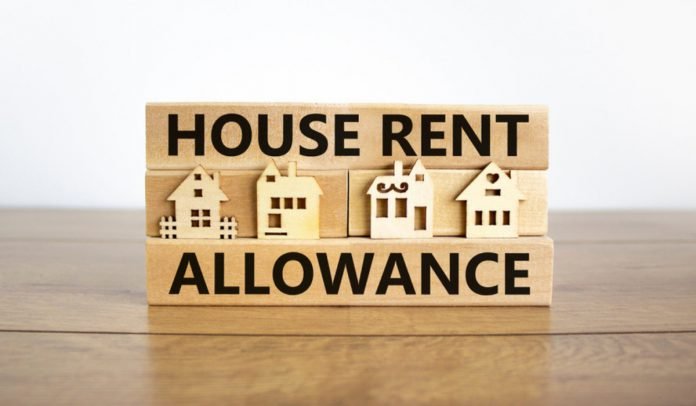Last Updated on March 12, 2024 by admin
Table of Contents
What exactly is a house rental allowance?
HRA, or House Rent Allowance, is a payment made by an employer to employees to cover the expense of renting a house for personal purposes. HRA is a required component of a person’s salary. House rental allowance applies to both salaried and self-employed workers.
HRA for salaried individuals is accounted for under section 10 (13A) of the Income Tax Act following Income Tax rule 2A. Similarly, self-employed individuals are not eligible for HRA exemption under this section but may claim tax benefits under the Income Tax Act section 80GG.
How Do You Determine HRA Exemption?
The method of House rental allowance exemption is discussed in detail in the section below. But first, let’s look at the aspects that influence HRA calculation and tax exemption.
Factors Influencing HRA Calculation
HRA Paid on Salary
City of actual residence rent paid (metro, non-metro, or rural).
HRA Exemption/Discount
Salaried employees are eligible for HRA exemption from the income tax they must pay each year. According to the Income Tax Act, the base of the following three components is taken into account for calculating housing rent allowance –
The actual HRA received by the employer is 50% or 40% of the base wage, depending on whether the location is in a metro or a non-metro area.
Rent paid minus 10% of base pay. The term “base salary” refers to the basic salary plus DA plus a fixed-rate commission on sales.
HRA Regulations
Here are the hra rules concerning housing rent allowance.
- HRA is calculated at 40% of the basic wage for employees living in non-metro cities and 50% for those residing in metro cities such as Mumbai or Chennai.
- It is not required to pay rent just to a landlord to qualify for HRA benefits. Individuals might claim HRA exemption by paying rent to their parents and showing necessary receipts.
- However, you cannot claim HRA exemption by demonstrating that you pay rent to your spouse. This is not permitted by income tax legislation.
- Rent receipts must be supplied as proof to qualify for the tax exemption advantage.
- The landlord’s PAN card information must be provided to make necessary tax deductions from their property income (rent received).
- The landlord’s PAN number is only necessary if the rent exceeds one lakh rupees per year.
- HRA granted by an employee who lives in their own home is not tax-deductible.
- How to File an HRA Claim
- Individuals must submit their rent receipts together with the PAN data of their landlord to claim HRA or house rent allowance if the rent paid in a fiscal year exceeds Rs.1 Lac. According to a related circular, if the landlord does not have a PAN number, the Income Tax department has numerous technical platforms to check the information provided by taxpayers. As a result, any falsification of information is a bad idea.
This was in brief about HRA. To know more about the basic salary; click here.
Apart from this, if you are interested to know about Income Tax Calculator then visit our Lifestyle category.



























